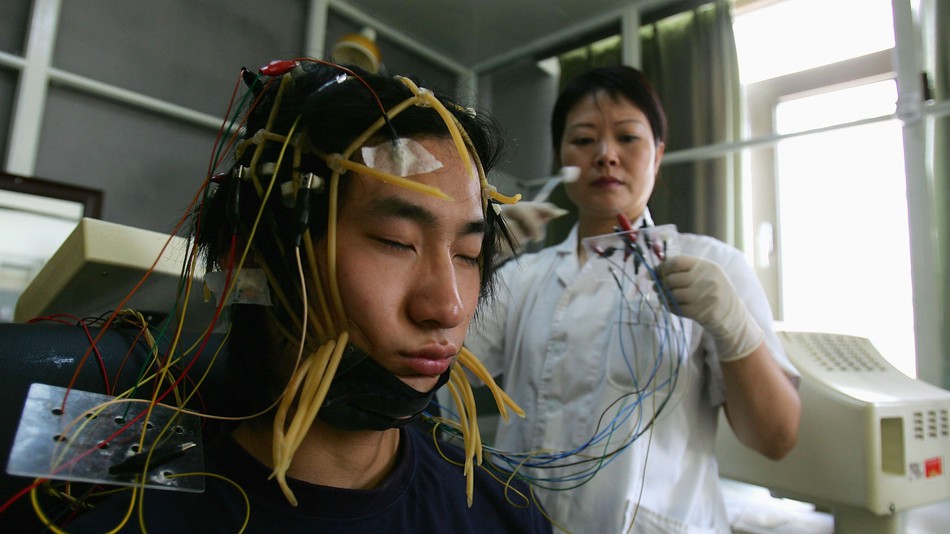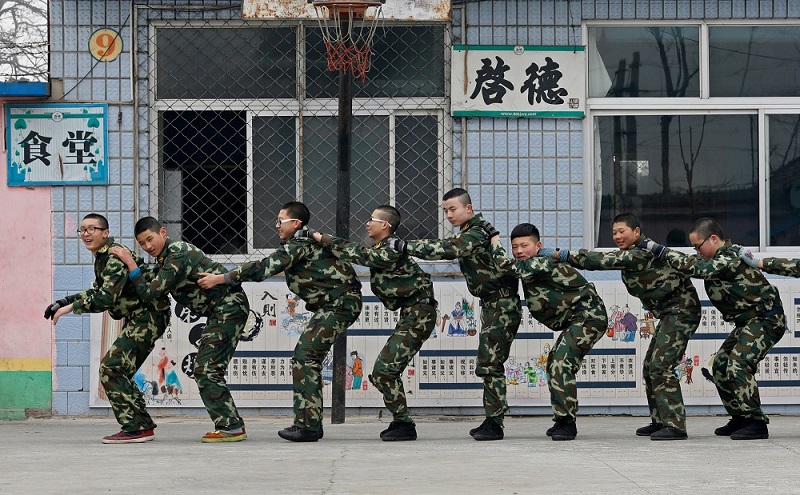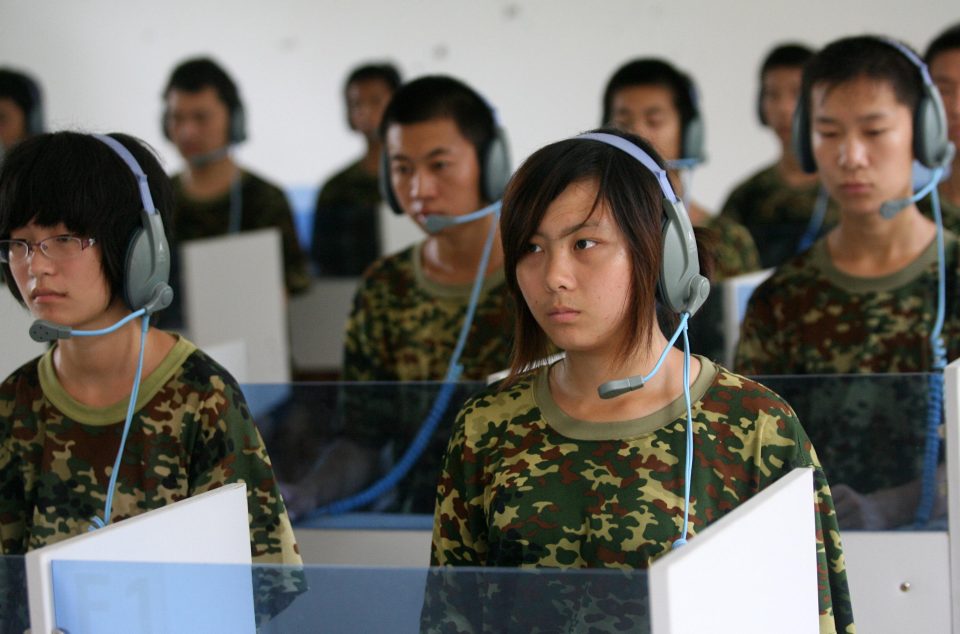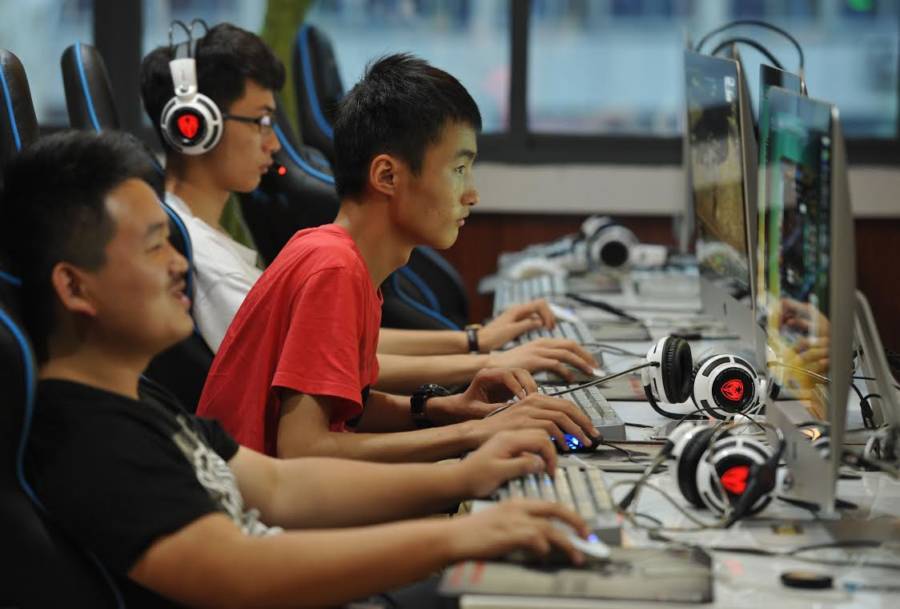Apparently, parents in China have come to agree that internet addiction is one problem that is serious, and it is one for which they cannot scream their children out of it. That is where the Chinese internet addiction camp comes to play.
Internet use in China has grown at the end of 2016 to 731 million users. This means that 53.1 percent of the population online. The problem with this is that with such high population of people using the internet, there will also be a turn of a great number of people getting addicted. In 2013, it has been claimed that 42% of internet users could be addicted. It was in 2008 that the Chinese Government decided to tag internet addiction as a disorder, and it became the first to do so.
Here are 11 things you should know about these camps which have also been regarded as internet addiction rehabs:

1. The Chinese internet addiction camp began since 1997 by a man, Xu Xiangyang.
At this time, China had a total of 620,000 Internet users, and the country only had slightly above 290,000 PCs connected to the Internet. In fact, those who accessed the internet at this time did it through dial-up services.
2. Now 57 years old, the founder of the camp, Xu Xiangyang was a soldier in the former People’s Liberation Army soldier.
He believes that online gaming is a waste of time, and he believes that he will be able to cure children of their “electronic heroin,” which is the new term for internet addiction in China. He is regarded as the “evil godfather.”
3. Most of the people in the camp are young people the ages of 16 and 18,
They are forced there by their parents. Sometimes, some of the kids even get drugged to be taken there by their parents.
4. The major problem that is having kids sent to the camps is online gaming.
With 600 million gamers in China who were able to generate a massive $24.6 billion in 2016, online gaming is becoming a big problem in the country and kids are said to be spending over 6 hours daily.
5. Kids get to spend up to 6 months in some of these camps
Alongside up to 70 or more other addicts, they get to try to get back their lives in order. During this time, students get to learn a lot of things including music and Chinese lion dancing.
6. There are many activities in the camp

These include regular exercises, military drills, and other training similar to that used for drug addicts. The idea is that once these kids are always active, they would have little time to worry about the internet.
7. For the Chinese Internet addiction camp of Xu, the cost per year is put at 36,000 Yuan a (£4,200)
This is while the Daxing center costs about 10,000 Yuan, or $1,290, a month. This shows that keeping children off an addiction is a very expensive business.
8. The method of getting one off the addiction in the Chinese internet addiction camp is sometimes very brutal.
This includes physical punishment and Electroshock Therapy which has caused outrage forcing the government of China to come up with laws banning the therapy. This happens when electric currents are passed through the brain, intentionally triggering a brief seizure. It is intended to reverse some form of mental illness.
9. The Chinese internet addiction camp has also had its history of tragedy.
In 2016 a 16-year-old girl, a Chen Xinran was able to escape from the Shandong Science and Technology Institute of Defense which is also speculated to offer the same addiction services among other things. The girl in retaliation to being sent there brutally killed her mother. Another Li Ao, an 18-year-old man lost his life in the camp after he was forced in there by his parents.
10. There are different internet addiction camps opening in China
As time goes by, there are indications that much more would be started since internet proliferation is increasing by the day. These include government-funded Daxing center, run by an army colonel under the Beijing Military Hospital. In fact, there are some reports that indicate that there are as much as 250 of these camps in the country.
11. Since its formation, the Daxing Internet Addiction Treatment Centre in Beijing has treated over 5000 patients.

According to it, it has recorded a 70 percent success rate at breaking addictions. Different centers have treated likewise the same number and there could be a few that have treated even a higher number.















